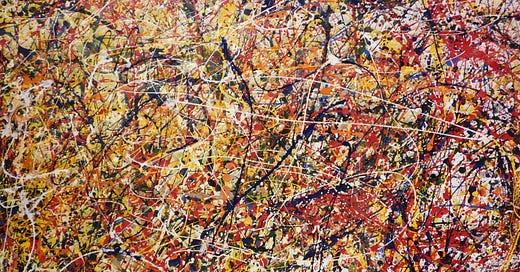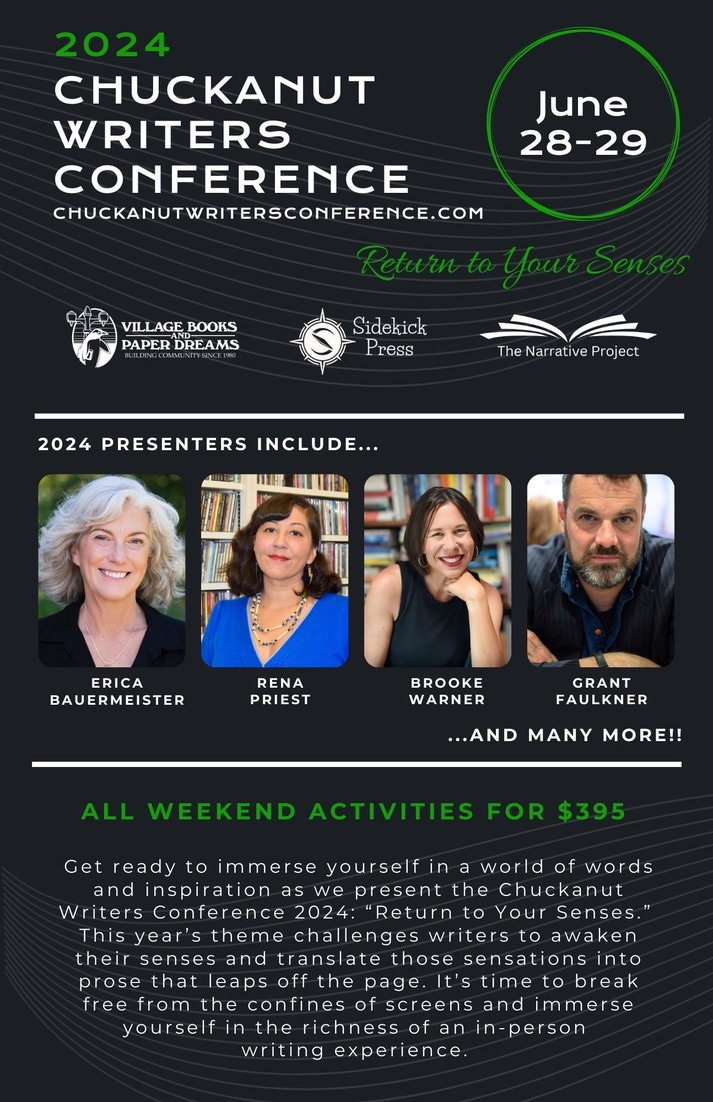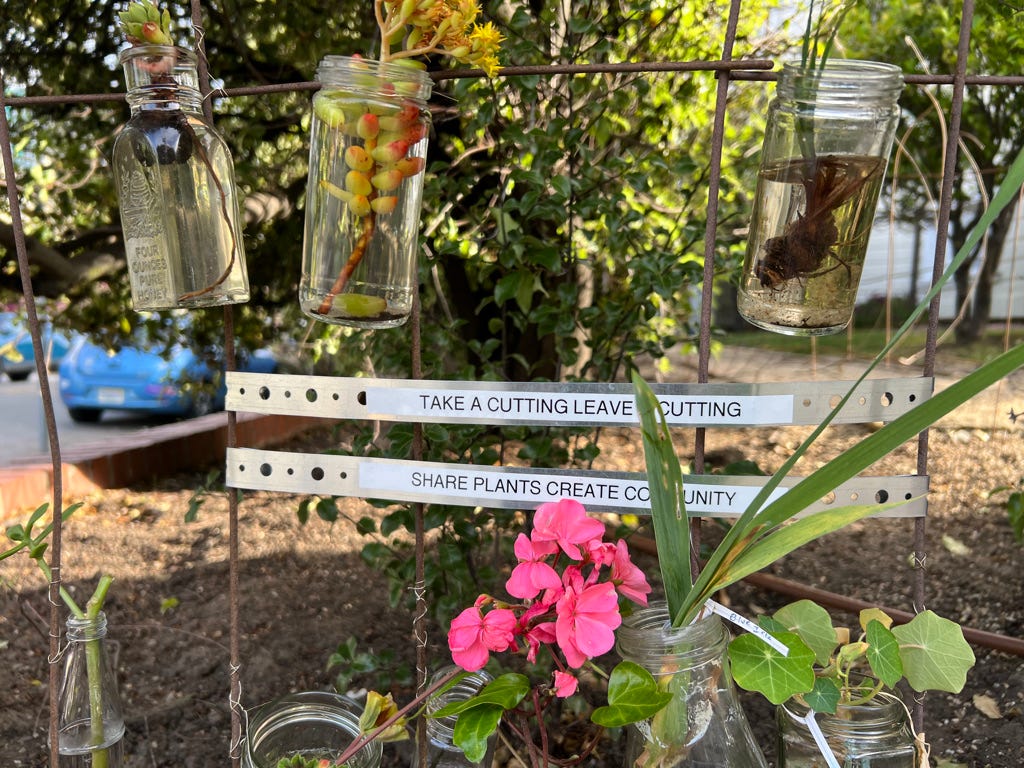There are a lot of forces in the universe telling us to do things the right way.
They’re like armies, with battalions of soldiers lined up, with tanks and missiles and ships, enforcing the “right way” to do things.
The right job. The right partner. The right pet. The right clothing. The right place to live. The right way … to write. Even the right story.
But it’s important to also do it wrong. All of it.
One of my favorite artistic mentor story comes from one of my favorite artists, Leonard Cohen, whose early poetry mentor was Irving Layton.
Most people know Cohen, but few know Layton, a great Canadian poet. Cohen once said of Layton, “I taught him how to dress, he taught me how to live forever.”
Layton was known for his “tell it like it is” style which won him a wide following but also made him enemies. As T. Jacobs notes in his biography, Layton “provided the bolt of lightning that was needed to split open the thin skin of conservatism and complacency in the poetry scene of the preceding century.”
The thing I love about Layton’s relationship with Cohen is that he was said to often greet him by asking if he’d done the “wrong thing” that day.
As if doing something wrong was a necessary part of each day. Like eating your vegetables and exercising.
And it’s true, as artists (and as people), we must make sure that we not only don’t disdain the “wrong,” but that we openly embrace it and celebrate it. Every convention needs questioning, if not outright breaking.
Writer’s block is so often spawned by the perfectionist desire to do it right. Passionless, watered-down art is defined by doing it right. Think about it, most of the art that truly moves us is done with defiance, with the type of reckless disregard for others’ judgments that is at the heart of wrongness.
So put five dashes in a sentence and write a run-on sentence. Or write a story made up entirely made up of fragments. Write about a topic that would upset your parents. Instead of adhering to the maxim of “Show, don’t tell,” practice telling, not showing. Write in the nude. Dance in between sentences. Use a wrong word. Then use another wrong.
Doing some wrong will feel good, I guarantee you. It will also open other paths and help you figure out what your “right way” is. Your right way, not someone else’s.
I recently came across this poem by Michael Frazier, which exemplifies to me the expressive power of doing something “wrong.”
At Church, I Tell My Mom She’s Singing Off-Key and She Says,
I ain’t off-key. I just stepped out the key
so when I return,
you can understand the key a little bit better.
The preacher isn’t the only
teacher. Why hit a note on the head
when I can kill it? You mean to tell me
you come here week after week
and want the same old Amazing
Grace? Just cause the Blood will never lose its power
don’t mean a melody won’t.
My ministry may not be song, but I got a song
to sing. I done made it from Sunday
to Sunday. You expect me not to celebrate
and thank God, with my hands raised,
my flats off, my full and open
throat?Three ways to support this newsletter!
Share with the world!
Pay a tiny bit for a subscription!
Do no. 1 and 2 together!
Because a quote
“Hark, dumbass, the error is not to fall but to fall from no height. Don't fall off a curb, fall off a cliff.”
—Dean Young
Because join me in Seattle!
Because end notes
What I’m reading: The Dictionary of Obscure Sorrows. Sadly, we don’t have a word for so many of our emotions, states of being that are common to us all. Take etterath: “the feeling of emptiness after a long and arduous process is finally complete—having finished school, recovered from surgery, or gone home at the end of your wedding—which leaves you relieved that it's over but missing the stress that organized your life into a mission.” I like to read a few entries each day, daydream a little, write a few lines.
What I’m watching: A Man and a Woman, a film I first saw when I was in high school and have watched many times. Anouk Aimée. A red convertible. Romance. Tragedy. One of my favorite music scores by Francis Lai. 1966. The film deserves an entry in my personal Dictionary of Obscure Sorrows.
What I’m listening to: The soundtrack to Un homme et une femme, of course. It’s like the definition of “love” in the French version of The Dictionary of Obscure Sorrows. A dictionary that only includes sounds, no text. Wouldn’t that be nice?
What I’m photographing: I came across this lovely little notion on a recent dog walk.








Thanks for the poem. This made my day: "Why hit a note on the head
when I can kill it?"
You're not trying hard enough if you don't get something wrong during the day. He who's not busy being born is busy dying, sang Bob Dylan. The whole of science would fail to find anything without the serendipity of failing at one task that results in showing a different truth.